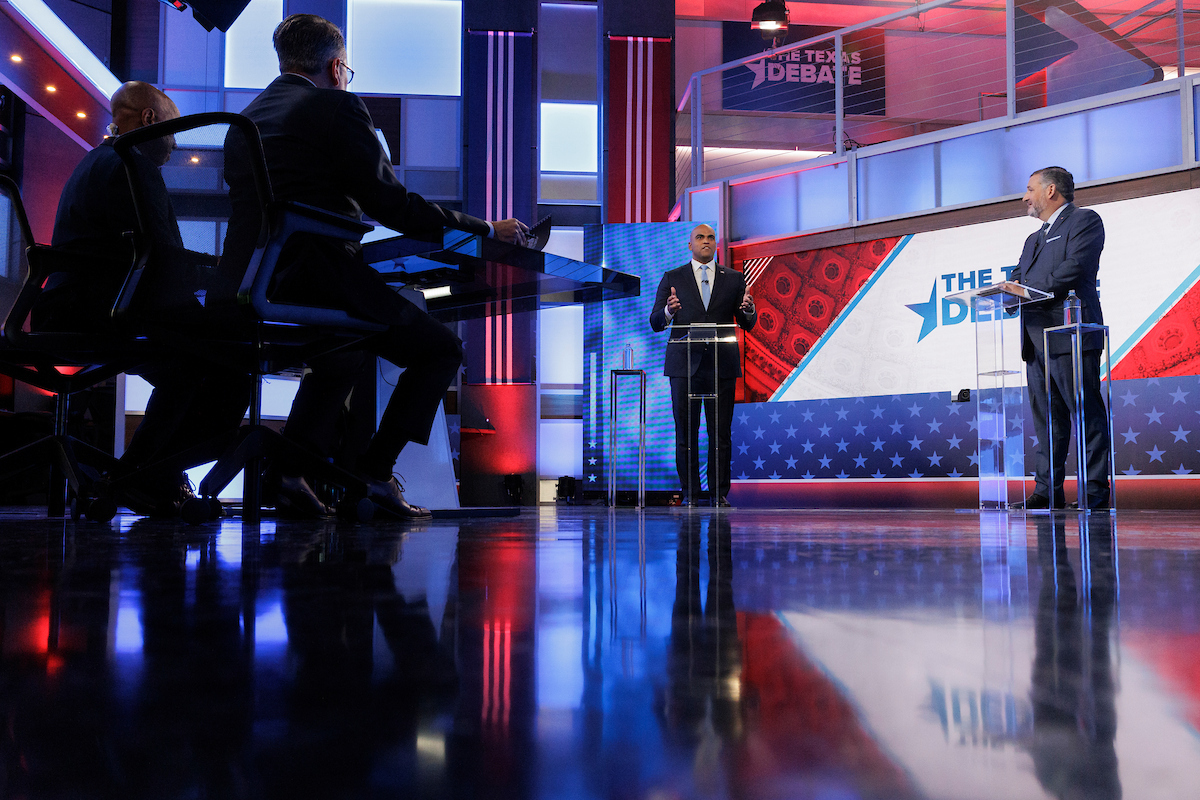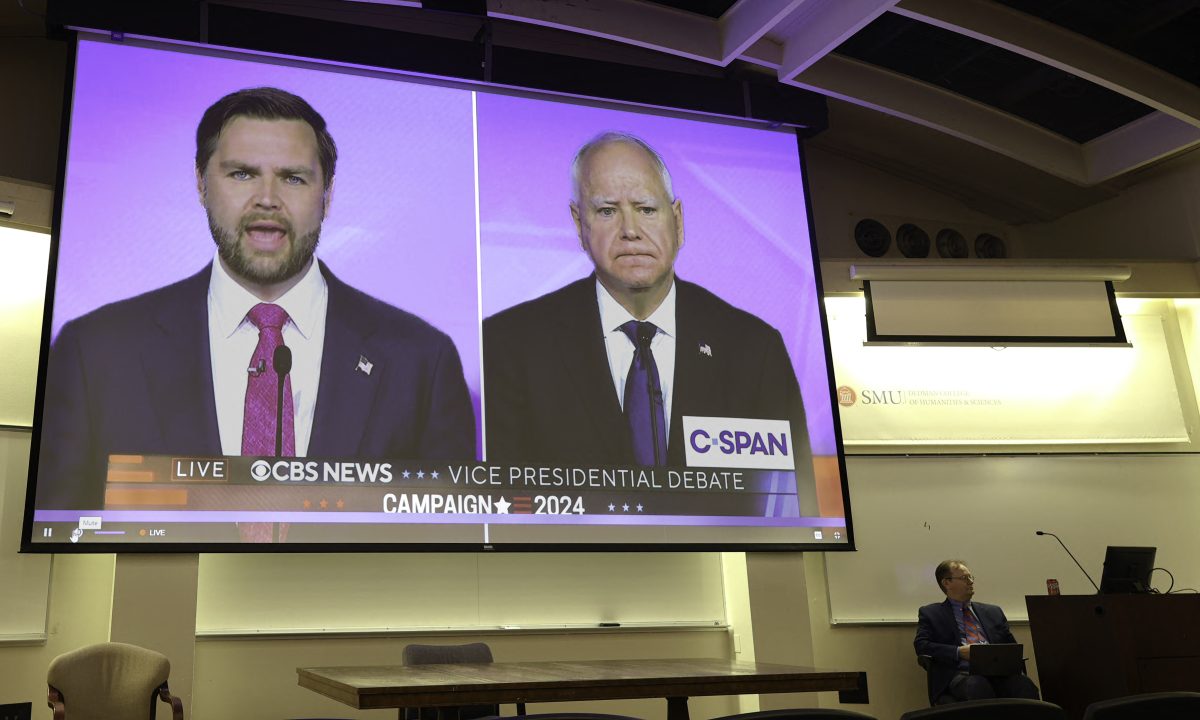It’s funny how a Super Bowl ad can still revolutionize the industry more than 20 years after its first showing.
We’re talking about the famous “1984” spot that Apple ran – except this time around, it’s got a twist. It’s Hillary Clinton, not Big Brother, who dominates the screen and a Barack Obama supporter who hurls the hammer.
Oh, and it’s only on YouTube.
So far, the ad has generated more than a million hits, and multiple versions of it have been posted.
Obama has denied his campaign is involved in any way (while adding that he wasn’t sure if anyone in his campaign was talented enough to produce it).
Yesterday, Philip de Vellis, a strategist with Blue State Digital, the firm which designed Obama’s Web site, acknowledged he is “ParkRidge47,” creator of the “Hillary 1984” ad. De Vellis resigned from the firm after hearing he was about to be reported as the creator.
The political world is on the cusp of a major shift here. With the advent of YouTube, increasingly speedy Internet connections and a growing number of (really talented) amateur filmmakers, it was only a matter of time before the general populace got into the political arena.
This ad could be as momentous as Lyndon Johnson’s “Daisy” ad in 1964. The commercial featured a little girl plucking the petals off daisies in between flashes of mushroom clouds. Critics thought using scare tactics from the Cold War to slam an opponent was a low blow, so the ad ran only once. It did, however, usher in a new era of negative campaigning.
And if you thought political advertising was intense before, you ain’t seen nothin’ yet.
Anyone with a video camera and iMovie can circulate ads that can help or hurt any candidate. The power of political advertising no longer lies at the top of the food chain; there’s no way to effectively censor or control messages about candidates anymore. Groups that previously would have been required to disclose their sponsorship of a political message now have an easy out – if they’re creative enough.
That’s the upside to a potentially chaotic situation: Popularity is dictated by quality of the message, not who’s paying for it.
The Internet has been a huge factor in the past two elections, and if the trend holds, it will be an even bigger factor in this one.
Which means 2008 should give us a very interesting political race.








